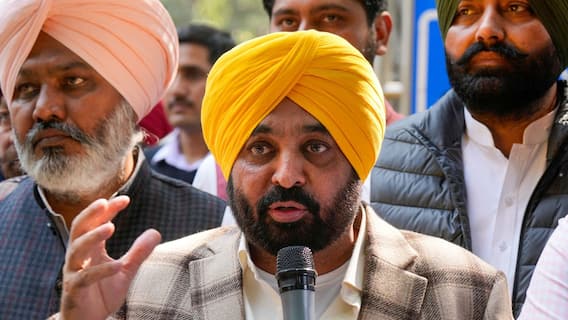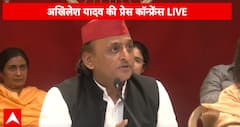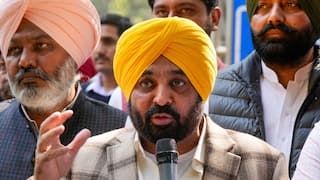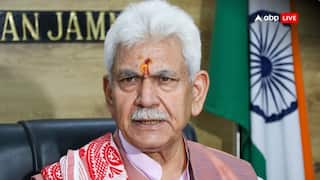Budget 2023: From Interest-Free Loans, Subsidies To Tax Cut. Know The F&B Industry Demand
F&B players stated that businesses continue to face margin pressure from rising costs, and therefore uniform taxation is essential for the industry to prosper

The hospitality industry, which has been severely battered by the pandemic in the last two years, has bounced back but still struggling to reach the pre-pandemic state. Businesses in the food and beverage (F&B) sector are expecting a push in the Budget 2023 to help the industry regain the pre-pandemic momentum. The F&B sector which was expanding exponentially before the pandemic suffered a huge blow due to lockdowns and restrictions that caused a large number of businesses to drastically scale back or shut down operations.
The overall restaurant sector is in a highly disruptive state of affairs and inflation is one of the major operational challenges, according to the ‘Food, Service and Restaurant Business Report 22-23’.
Companies believe that the government can implement a few fundamental policy changes to support them. “To accelerate the recovery, this budget should enable interest-free loans, greater subsidies, and a reduction in the tax structure,” said Rajan Sethi, founder, Bright Hospitality Group.
The F&B sector is expecting the government to offer softer funding options and extended repayment duration. Stating that it takes multiple licenses to establish a food & beverage business in India, Sethi expects the government to address the issue in the upcoming Budget by the reintroduction of the inputs tax credit.
He also stated that F&B businesses continue to face margin pressure from rising costs which needs to be taken into consideration, and since there are other taxes imposed in addition to the GST, uniform taxation is essential for the industry to prosper.
The industry is also optimistic that the government will provide a stimulus package for the sector for faster recovery along with some clarity in getting licences.
“It is relatively easier to do F&B business today, however, there’s still a lot of ambiguity in terms of licenses. Further clarity in terms of getting licenses will make the job smoother and easier,” said Nishant Sinha, Founder of Roastery Coffee House.
Sinha also rued the fact that the F&B sector was not provided with any specific Covid relief package. “F&B and service sector contribute around 6 to 7 per cent in GDP and 8-9 per cent in total employment, if one includes unorganized sector, then the numbers are bigger. Yet we weren’t given any specific Covid relief package,” stressed Sinha.
“At present, with the high inflation and shortage of products, the government can reduce the taxes on F&B for a couple of years. This will help us cope better with the ongoing struggles,” Sinha added. “The relief can help us use that money in expansion, new product development, new innovations, generate employment,” he pointed out.
“Due to rising costs, F&B businesses will continue to face margin pressure. We believe that the government will provide a package of stimulus funds to the industry to help us recover,” said Ankush Arora, Founder, of quick service restaurant Uncle Jack’s.
As e-commerce has emerged as a crucial component of the country's inclusive economic growth, the sector seeks a robust and equitable e-commerce policy. Some players in the sector are looking at support for growth-oriented policies and skill development.
"The Budget also needs to extend the moratorium on loans taken by small and medium-sized businesses (SMBs) in the sector, added Arora.
Vikram Goel, MD of Unox India, said that the industry expects support for small and medium-sized enterprises in the sector. "We want the Budget to support the growth of small and medium-sized enterprises (SMEs) in the sector, which are a vital part of the food industry. This could include access to financing, and other forms of support to help these businesses grow and thrive."
Trending News
Top Headlines










































